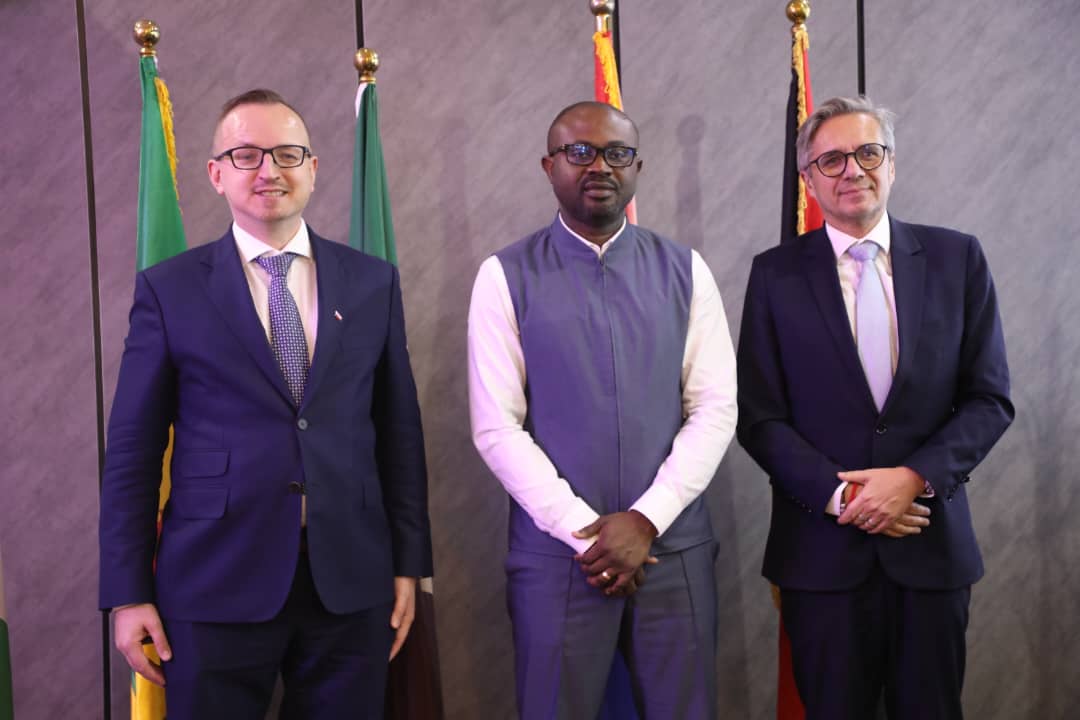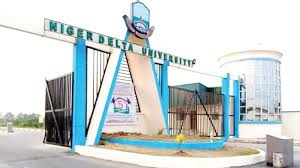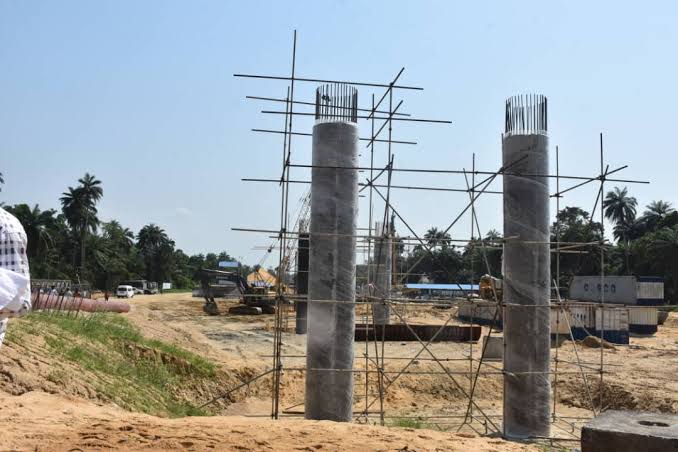By: Odieh Ramon, Yenagoa.
A professor of internal medicine & nephrology, faculty of clinical sciences, college of health sciences, Niger Delta University (NDU), Wilberforce Island, Bayelsa state, Prof Oghenekaro Egbi has said Chronic Kidney Diseases (CKD) will soon be the fifth largest cause of death worldwide.
While presenting his research report during the 65th inaugural lecture of the university, Prof. Egbi further explained that in Nigeria alone, up to 230,000 individuals need life-saving interventions such as dialysis or kidney transplants.
According to his findings, the increase in Non-communicable Diseases (NCDs) such as hypertension, diabetes, and obesity, Persistence of infectious diseases such as hepatitis and HIV, giving a double burden of diseases, are responsible for the prevalence of chronic kidney disease.
The report further highlighted that over 68 per cent of admitted cases in a tertiary hospital in Bayelsa State had NCDs with a rising trend of genetic and man-made factors, including contributory environmental factors.
The cause of the rising wave of CKD, he said, “we live in a changing world where it is more convenient to patronize restaurants and food outlets. The majority of these industrially prepared foods in society are highly processed and contain artificial additives, flavours, sugar, sodium, refined carbohydrates, and unhealthy fats.
“Examples of such products include soft drinks, canned beer, canned meat, salted/ sugar nuts, hamburgers, flavoured yoghurt, and instant noodles. These foods are currently very rampant in our supermarkets.
“Consumption of ultra-processed foods carries a 24% higher risk of kidney disease. Consumption of red /processed meats has been linked with kidney disease. Up to 1/3 and 1/5 of individuals with diabetes and hypertension, respectively, in developed countries have CKD.
“However, glomerulonephritis (from infections, toxins, etc) accounts for a significant proportion in our setting. A good proportion of my work was devoted to identifiable risk factors of CKD.
“Risk factors were shown to be prevalent in both urban and rural communities. In a study among staff of a tertiary hospital in Bayelsa state, one out of every five persons had hypertension, while a quarter were obese.
“Two-thirds of the hypertensives were unaware of their diagnosis. In a study in Benin, only 11.9% of hypertensives were aware of CKD risk with poor health-related practices.
“In a rural community in Bayelsa State, up to a quarter had hypertension, while in Edo State, 13.9% had diabetes, with two out of five having no awareness, and one out of every four persons was obese.
“Apart from established medical conditions, societal factors may contribute to the excess risk and burden of kidney disease. Kidney disease was most prevalent in Obunagha, the actively gas-flaring community, compared with the non-gas-flaring one (Azikoro).
“Active gas flaring was associated with increased risk of reduced kidney function. Kidney function was unrelated to the concentration of gases in ambient air. Individuals living in communities where gas is regularly flared are at risk of kidney disease.
“This effect seems independent of gaseous matter, unlike that for respiratory disease. Poverty is contributing to the unprecedented rise in the burden of NCDs in this setting.
“Up to 63% of persons living in the country are considered multi-dimensionally poor (National Bureau of Statistics, 2025). Adequate management of CKD is almost impossible in this setting. There is a high dropout rate from dialysis due to the high cost.
“Up to 61% of the patients in a dialysis centre in Bayelsa state could not afford dialysis beyond the few initial sessions in the first week. Although about 3 out of 10 patients with ESKD in developed countries undergo kidney transplantation, less than 1 in every 100 Nigerian patients attempt a kidney transplant.
“Patients pay out-of-pocket for services. Inadequate infrastructure and resources, socio-cultural beliefs, poor awareness, manpower shortage, and lack of appropriate legislation are challenges.”













